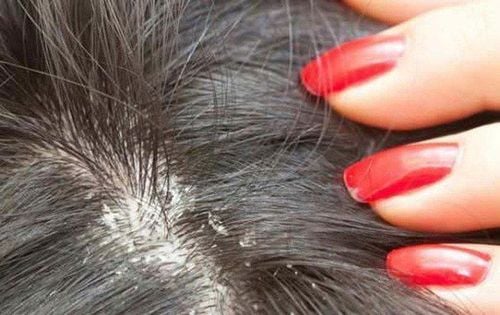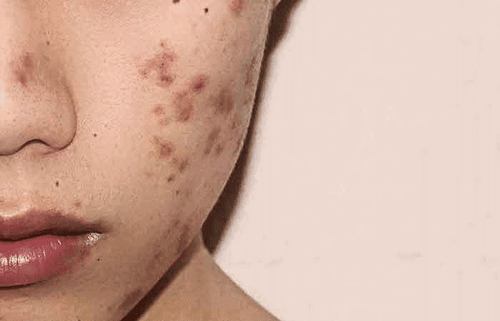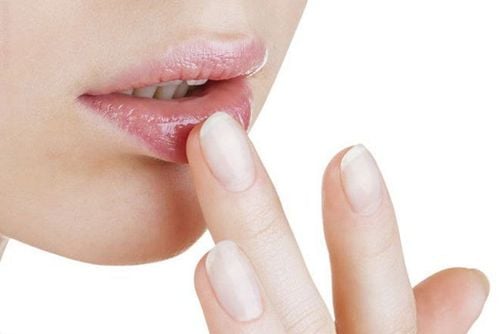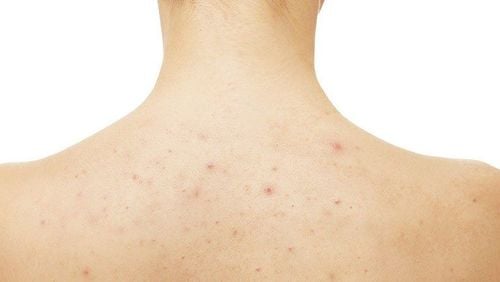1. What is Melanin?
Melanin is a pigment found in the skin of both humans and animals that gives color to hair, skin, and eyes. Research indicates that melanin can help protect the skin from ultraviolet (UV) rays. Additionally, higher levels of melanin may aid in preventing conditions that could lead to skin cancer.
Studies have shown that individuals with darker skin, as well as non-white individuals with higher melanin levels, tend to have lower rates of skin cancer. However, further research is needed to determine if increased melanin is the primary factor in reducing the risk of skin cancer.
2. Can you increase Melanin?
Individuals of any skin type can boost their melanin levels to help reduce the risk of skin cancer. Research indicates that increasing the intake of certain nutrients may elevate melanin production, even in those with fair skin.
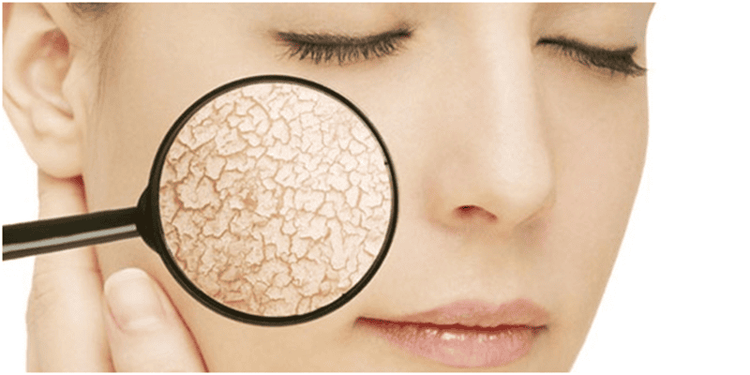
While there is no direct research proving how to increase melanin pigmentation, many nutrients are believed to promote melanin production, which can enhance overall skin health and potentially lower the risk of developing skin cancer.
3. Ways to Increase Melanin in the Body
Nutrients play a crucial role in naturally increasing melanin in the skin. Here are some nutrients that can help boost the body’s melanin production:
- Antioxidants
Antioxidants are among the most effective substances for increasing melanin in the skin. While more research and higher-quality testing are needed to fully establish this, some studies suggest that antioxidants can enhance melanin production.
Micronutrients such as flavonoids and plant-based polyphenols serve as potent antioxidants and can influence melanin production. Some of these compounds have been found to increase melanin pigmentation. To increase your antioxidant intake, consider consuming more dark green leafy vegetables, dark berries, dark chocolate, and colorful vegetables. Additionally, taking vitamin and mineral supplements may help elevate the body's melanin levels.
- Vitamin A
Research indicates that vitamin A is essential for melanin production and is necessary for maintaining healthy skin. The body can absorb vitamin A from foods, particularly from vegetables rich in beta-carotene, such as carrots, sweet potatoes, spinach, and peas.
Since vitamin A also acts as an antioxidant, some researchers believe it may be key to melanin production. However, more studies are needed to confirm that vitamin A directly increases melanin levels in humans. Currently, the claims regarding vitamin A’s ability to boost melanin production require further scientific validation. Nonetheless, some studies have shown that taking vitamin A, particularly in the form of retinol, can benefit skin health. Moreover, a type of carotenoid (the pigment that gives vegetables their red, yellow, and orange colors) found in vitamin A may contribute to melanin production and provide UV protection.

You can increase your vitamin A intake by eating more vitamin A-rich foods such as carrots, squash, sweet potatoes, fish, and meat. Taking vitamin A supplements also provides similar benefits. Because vitamin A is a fat-soluble vitamin, it can accumulate in the body. The US National Institutes of Health (NIH) recommends a daily vitamin A intake of 700 mcg for women and 900 mcg for men. Children need less vitamin A than adults. Pregnant women should never exceed their daily dose of Vitamin A, as it can be dangerous for the fetus.
- Vitamin E
Vitamin E is essential for skin health and acts as an antioxidant. While no studies have established a direct link between vitamin E and increased melanin production, some research suggests that it may help protect the skin from sun damage. The body can obtain more vitamin E through supplements or by consuming foods rich in this vitamin, such as vegetables, grains, seeds, and nuts.
- Vitamin C
Similar to vitamins A and E, vitamin C is also an antioxidant. It is vital for maintaining healthy mucous membranes and may have some influence on melanin production and skin protection. Although studies do not conclusively prove that vitamin C increases melanin levels, it is still believed to contribute positively to melanin production. To boost your vitamin C intake, consider eating foods high in this vitamin, such as citrus fruits, berries, and green leafy vegetables. Taking vitamin C supplements can also help achieve the same effect.
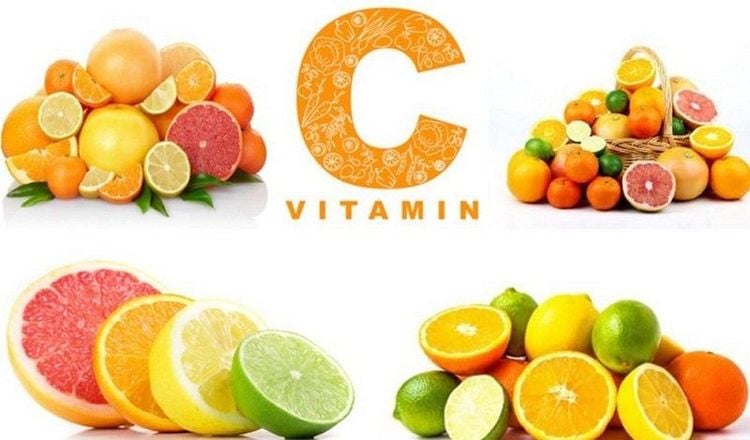
- Herbs and Plants
Several studies have explored the potential benefits of herbs and teas in protecting the skin from harmful UV rays. Herbal products like green tea and turmeric are rich in flavonoids and polyphenols, which may help increase melanin and provide protection for the skin.
To date, there have been no studies that definitively prove that herbs can increase melanin production in the skin. However, if you're interested in trying herbs to support healthy skin, you can find them in supplements such as teas and essential oils. It's important to note that essential oils are not meant for ingestion; they are designed for use in aromatherapy or can be diluted in carrier oils and massaged into the skin.
Some studies suggest potential methods for increasing melanin, although these findings have not been fully validated. The most promising approach to support melanin production involves taking antioxidants and vitamin A. Research indicates that consuming healthy foods or taking supplements containing vitamins A, C, and E can help care for your skin and reduce the risk of skin cancer. However, it has not been proven that any specific vitamins or nutrients reliably increase melanin levels. The only proven way to prevent skin cancer is to avoid excessive sun exposure and use high-quality sunscreen.
Please dial HOTLINE for more information or register for an appointment HERE. Download MyVinmec app to make appointments faster and to manage your bookings easily.




